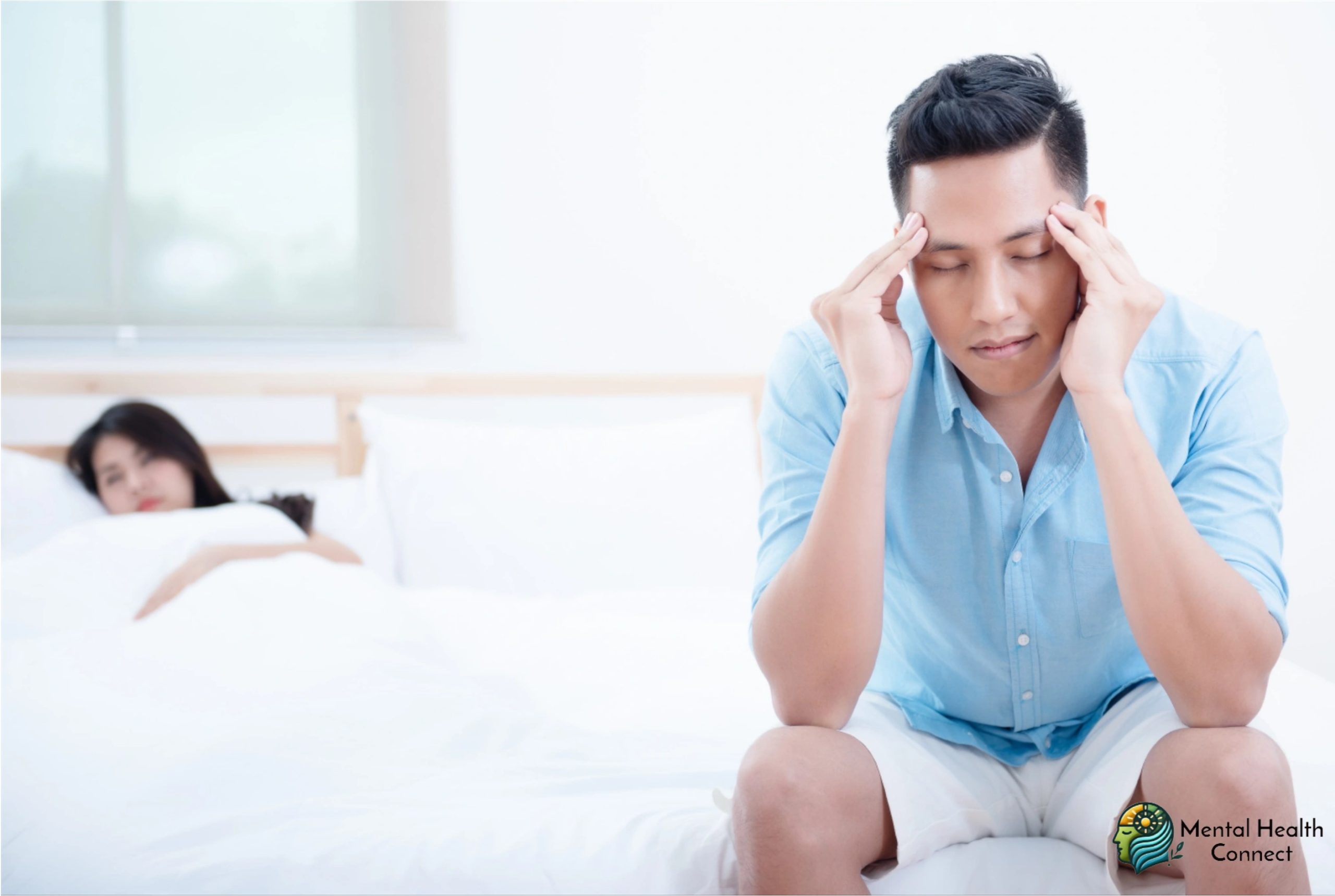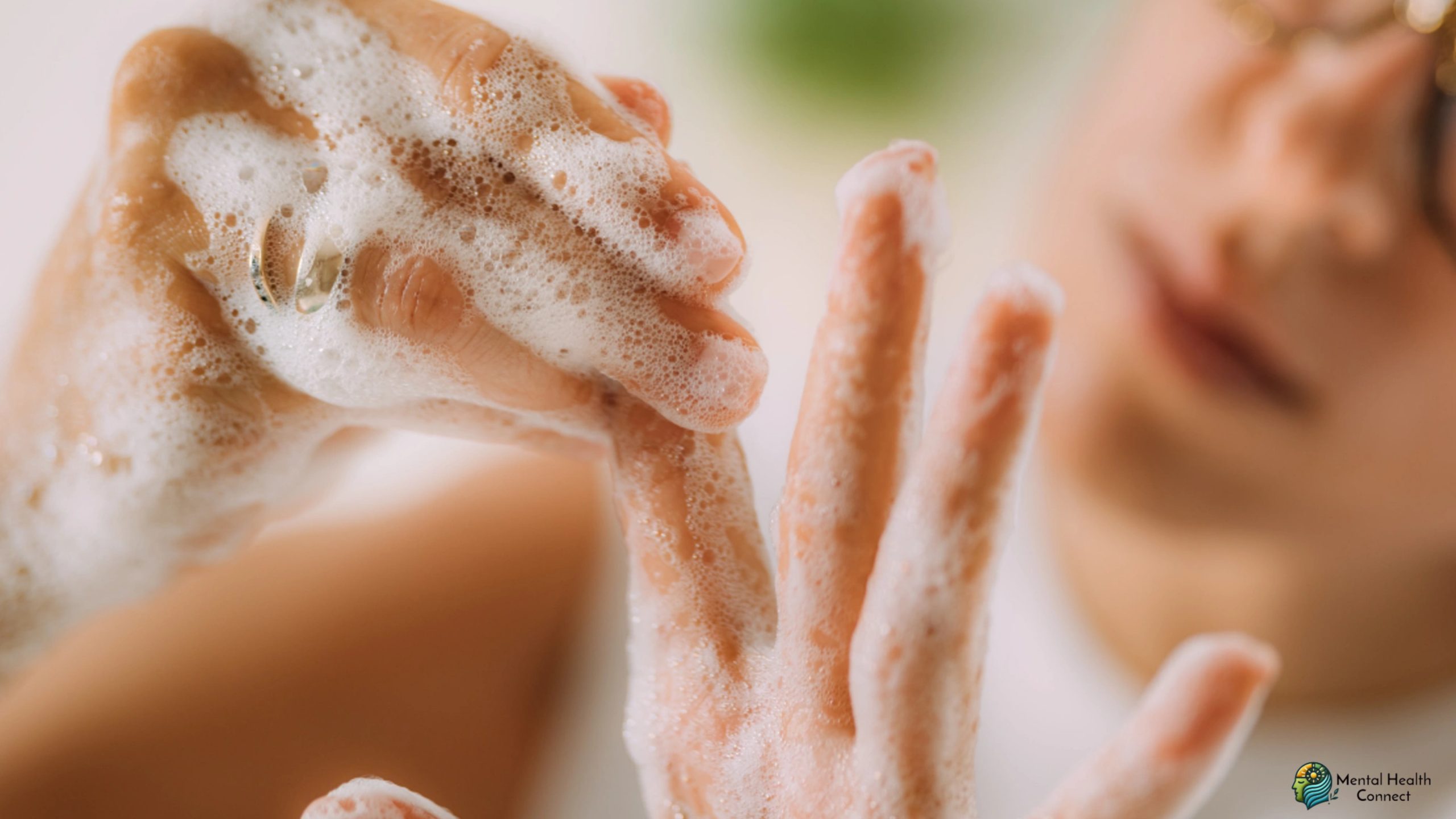Does Low Testosterone Contribute to Depression?

The relationship between hormones and mental health has gained increasing attention in recent years, particularly the potential connection between testosterone levels and depression. While depression has traditionally been associated with serotonin, dopamine, and other neurotransmitters, emerging research suggests that hormonal factors including testosterone may play a significant role in mood regulation, especially in men. This blog explores the complex relationship between low testosterone (low T) and depression.
Understanding Testosterone’s Role in the Body
Testosterone is primarily known as the hormone responsible for developing male physical characteristics. However, its influence extends far beyond muscle mass and facial hair. Testosterone affects:
- Energy levels and vitality
- Cognitive function and concentration
- Sexual desire and function
- Fat distribution and metabolism
- Red blood cell production
- Bone density
- Mood regulation and emotional well-being
Both men and women produce testosterone, though men have significantly higher levels. In men, it’s primarily produced in the testes, while women’s testosterone comes mainly from the ovaries and adrenal glands.
The Testosterone-Depression Connection
Evidence Supporting the Connection
Several lines of evidence suggest a relationship between low testosterone and depression:
Epidemiological Studies Research has found that men with diagnosed low testosterone are more likely to have depression. One study published in the Journal of Psychiatric Practice found that 56% of men referred for testosterone deficiency also met the criteria for depression.
Symptom Overlap Many symptoms of low testosterone mirror those of depression:
- Fatigue and low energy
- Decreased motivation
- Difficulty concentrating
- Irritability
- Sleep disturbances
- Reduced enjoyment in previously pleasurable activities
Treatment Response Some studies show that testosterone replacement therapy (TRT) can improve depressive symptoms in men with low testosterone levels. A meta-analysis published in JAMA Psychiatry found that testosterone treatment had moderate antidepressant effects in men, particularly those with lower testosterone levels.
Age-Related Patterns Both depression risk and testosterone decline increase with age in men. Testosterone levels naturally decrease by about 1% per year after age 30, which correlates with increased depression rates in middle-aged and older men.
Potential Biological Mechanisms
Several biological pathways might explain how low testosterone contributes to depression:
Neurotransmitter Influence Testosterone appears to modulate the activity of serotonin, dopamine, and norepinephrine neurotransmitters closely linked to mood regulation.
Inflammation Low testosterone is associated with increased inflammatory markers, and inflammation has been implicated in the development of depression.
HPA Axis Regulation Testosterone helps regulate the hypothalamic-pituitary-adrenal (HPA) axis, which controls stress responses. Dysregulation of this system is common in depression.
Neuroplasticity Testosterone promotes neuroplasticity and neurogenesis in brain regions involved in mood regulation, such as the hippocampus.
When Low Testosterone Might Be Contributing to Depression
Certain patterns might suggest testosterone involvement in depressive symptoms:
Risk Factors and Indicators
Age Men over 40 experiencing new-onset depression should consider testosterone testing, as age-related testosterone decline could be contributing to symptoms.
Treatment Resistance If standard antidepressant treatments have provided limited benefit, hormonal factors might be involved.
Co-occurring Symptoms Depression accompanied by decreased libido, erectile dysfunction, reduced muscle mass, increased body fat, and fatigue might have a hormonal component.
Medical History Certain conditions increase the risk of low testosterone, including:
- Obesity
- Type 2 diabetes
- Sleep apnea
- Chronic opioid use
- Pituitary disorders
- Testicular injury or cancer treatment
- Chronic inflammatory conditions
Evaluation and Diagnosis
If you suspect low testosterone might be contributing to depression, comprehensive evaluation is crucial:
Mental Health Assessment
A thorough evaluation by a mental health professional is essential to properly diagnose depression and rule out other mental health conditions.
Hormone Testing
Blood tests to measure testosterone should be conducted in the morning when levels are naturally highest. Multiple measurements are often necessary due to natural fluctuations.
Several forms of testosterone are measured:
- Total testosterone (all testosterone in the bloodstream)
- Free testosterone (biologically active testosterone not bound to proteins)
- Bioavailable testosterone (testosterone that can interact with cells)
Additional Testing
Other hormones should also be evaluated, including:
- Luteinizing hormone (LH) and follicle-stimulating hormone (FSH)
- Estradiol (a form of estrogen)
- Prolactin
- Thyroid hormones
Treatment Approaches
When low testosterone and depression co-occur, treatment should address both issues:
For Depression
Standard depression treatments remain valuable:
- Psychotherapy (particularly cognitive-behavioral therapy)
- Antidepressant medications
- Lifestyle modifications (exercise, sleep hygiene, stress management)
- Social support enhancement
For Low Testosterone
If clinically significant low testosterone is confirmed, treatment options include:
Testosterone Replacement Therapy (TRT) Available in several forms:
- Injections
- Transdermal gels or patches
- Subcutaneous pellets
- Nasal gel
- Oral tablets (less common due to liver concerns)
Lifestyle Modifications May help boost testosterone naturally:
- Regular strength training
- Maintaining healthy weight
- Adequate sleep
- Stress reduction
- Limiting alcohol consumption
Important Considerations
Several factors should be considered when exploring the testosterone-depression connection:
It’s Not Always Straightforward
The relationship between testosterone and depression is bidirectional depression itself can lower testosterone levels. This creates a potential cycle where each condition worsens the other.
Individual Variation
Not all men with low testosterone develop depression, and not all depressed men have low testosterone. Individual sensitivity to hormonal changes varies significantly.
Potential Risks of TRT
Testosterone replacement is not without risks, including:
- Increased red blood cell production (potentially raising stroke risk)
- Sleep apnea exacerbation
- Acne or oily skin
- Testicular shrinkage
- Potential effects on prostate health
- Fertility reduction
Women and Testosterone
While this blog has focused primarily on men, testosterone also affects women’s mood. Some studies suggest that testosterone therapy might help treatment-resistant depression in women, though research is more limited.
The evidence increasingly suggests that low testosterone can contribute to depression in susceptible individuals, particularly men. When depression occurs alongside symptoms of low testosterone, comprehensive evaluation of both mental health and hormonal status is warranted.
Treatment should be individualized, potentially combining traditional depression treatments with hormone optimization when appropriate. The goal is addressing all contributing factors to achieve full remission of depressive symptoms and improved quality of life.
If you’re experiencing depression, particularly with symptoms suggestive of hormonal imbalance, speak with healthcare providers who can evaluate both your mental health and hormonal status. Integrated care addressing both aspects offers the best chance for comprehensive improvement.
-
 How to Support Someone with OCDApril 17, 2025
How to Support Someone with OCDApril 17, 2025 -


Leave a Reply